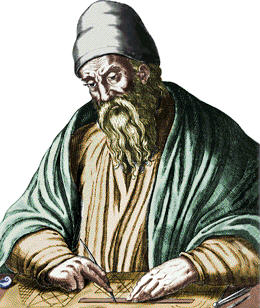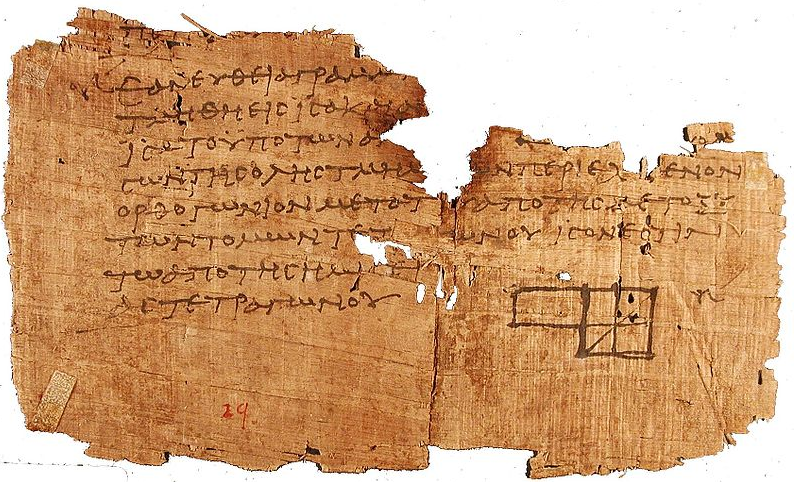More examples of proof by contradiction
We have had good discussions on mathematical proofs, so I am planning to create a mathematical proof series that will discuss the basics such as direct proof, indirect proof, and proof by mathematical induction. But before I do that, let me continue with more examples of proof by contradiction.
Proof by contradiction, as we have discussed, is a proof strategy where you assume the opposite of a statement, and then find a contradiction somewhere in your proof. Finding a contradiction means that your assumption is false and therefore the statement is true. Below are several more examples of this proof strategy.
Example 1: irrational.
Example 2: is irrational. The proof of this is basically the same as example 1, so it is left as an exercise.
Example 3: Proof that there are infinitely many primes.
Example 4: Knights and Liars
Example 5: is irrational. » Read more

